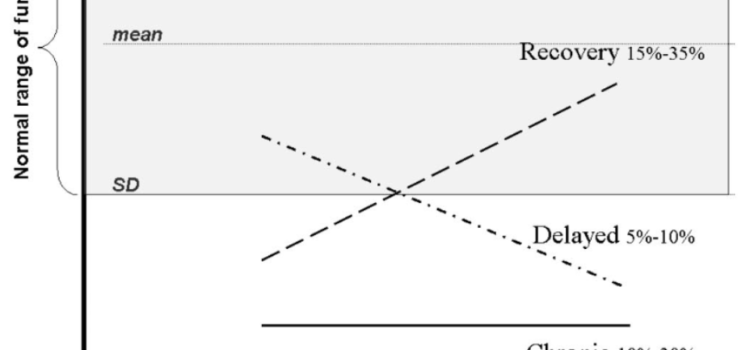Substance use problems, including alcohol and drug misuse, are much more common in people with mental health challenges than in the general population. For example, about 50% of people with serious mental health challenges experience problematic substance use at some point in their lives, compared to only about 15% of people without a mental health condition. Why are the rates of substance use problems so much higher in people with a mental health condition?…
Article: Understanding and Coping with Substance Use and Mental Health







